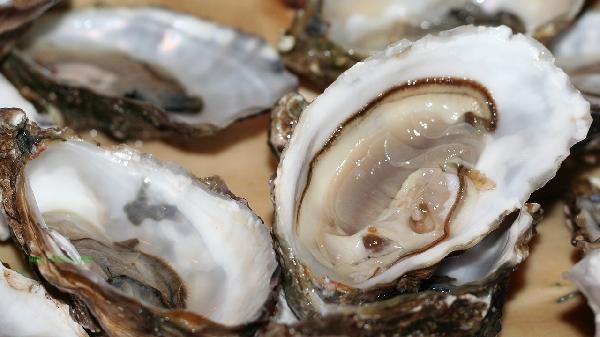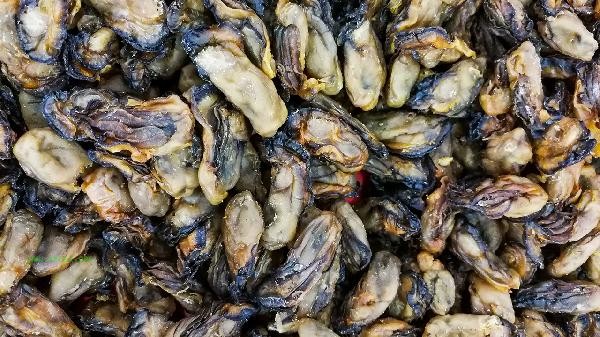Oysters are generally not recommended to be consumed with high tannic acid foods, cold foods, and alcoholic beverages. Oysters are rich in nutrients, but improper pairing may affect digestion and absorption or cause discomfort. It is important to avoid consuming spinach, persimmons, watermelon, beer, strong tea, and other foods together. When oysters are consumed with high tannic acid foods such as spinach and persimmons, tannic acid easily binds with proteins in oysters to form sediment, which not only reduces the nutritional value of oysters, but may also stimulate the gastrointestinal mucosa, leading to bloating or abdominal pain. This type of combination has a more significant impact on people with weaker digestive function, and it is recommended to consume it every two hours or more. The high content of tannic acid in strong tea may also interfere with the absorption of minerals in oysters, which may increase the risk of iron deficiency in the long run. Oysters are cold in nature. If consumed in large quantities with cold foods such as watermelon and pears, it may worsen the body's coldness and dampness, leading to diarrhea or gastrointestinal spasms. People with weak and cold constitution need to be more cautious. When cooking, they can use ginger and perilla isothermal seasonings to neutralize the coldness. Alcoholic beverages such as beer can inhibit uric acid metabolism, and their combination with purines in oysters may trigger gout attacks. Patients with hyperuricemia should strictly avoid such combinations.

For daily consumption of oysters, it is recommended to choose steaming, boiling soup at a constant temperature, and cooking methods, paired with cold dispelling seasonings such as ginger and minced garlic. People with allergies need to undergo a small amount of testing on their first attempt, and seek medical attention immediately if they develop a rash or difficulty breathing. Oysters are rich in zinc and high-quality protein. Moderate consumption can help enhance immunity, but it is important to pay attention to freshness and avoid consuming dead or open oysters to prevent bacterial infections. Special populations such as pregnant women and children should control their intake under the guidance of a physician.










Comments (0)
Leave a Comment
No comments yet
Be the first to share your thoughts!